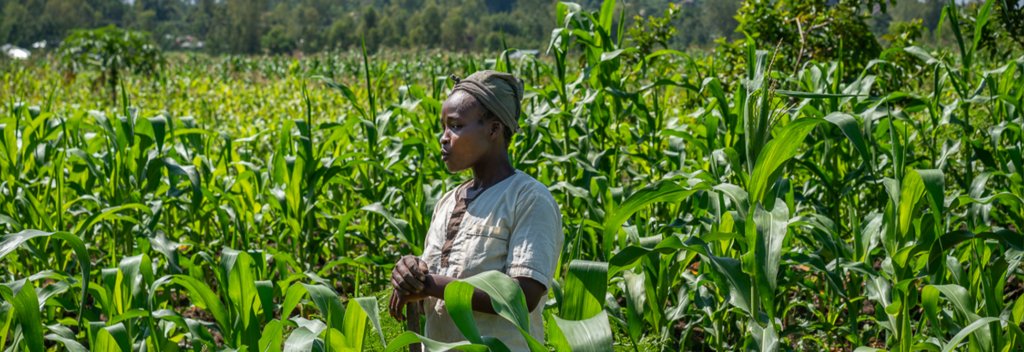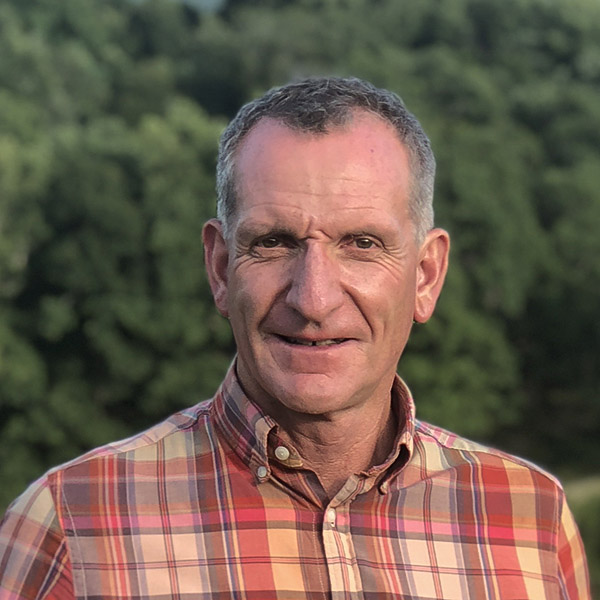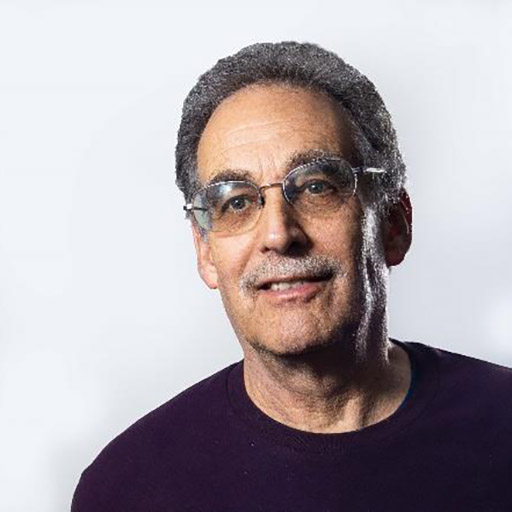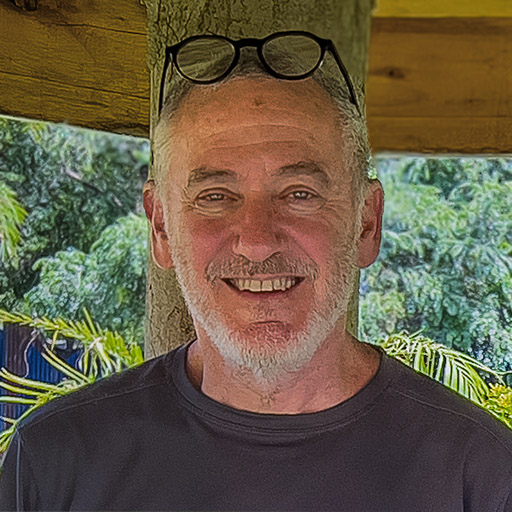
MISSION: Strengthen Food and Nutrition Security
SANGO-Kenya strengthens food and nutrition security by providing training in sustainable agriculture, nutrition, and livelihoods. We primarily focus on women smallholder farmers, who comprise 70% of the smallholder farmers in sub-Saharan Africa. Through these activities, we are empowering the women, equipping them with the knowledge and tools necessary to improve their lives and the lives of their children.
Empowering Women
SANGO-Kenya empowers the women farmers through increased knowledge and skills. This year, we expanded beyond agriculture and nutrition and added training in saving and loaning concepts as well as marketing, to increase the money they make from selling surplus crops. We will continue to add more programs that will strengthen the women’s ability to improve their food, nutrition, and economic security.

Sustainability
SANGO-Kenya is committed to ensuring the sustainability of the land and the program. We promote organic farming methods such as compost manure and natural pesticides. Our staff and trainers are from the communities where we work. Further, by using the trainer of trainers model and developing informed Lead Farmers, we are building a knowledge base in the community to expand and help ensure the lasting impact of the program
Community-Based
From the beginning, SANGO-Kenya has worked closely with the villages where we work to ensure that our programs are addressing their needs. As we grow, we are expanding our networks in the communities, closely collaborating with local officials and leaders, the Ministries of Health and Agriculture, and other community-based organizations.
SANGO-Kenya is committed to ensuring the sustainability of the land and the program. We promote organic farming methods such as compost manure and natural pesticides. Our staff and trainers are from the communities where we work. Further, by using the trainer of trainers model and developing informed Lead Farmers, we are building a knowledge base in the community to expand and help ensure the lasting impact of the program.
History
SANGO-Kenya was founded in 2020 by Director of Programs and Research Constance Gewa and Executive Director Kit Goldfarb. The program grew out of 2017 research in food security conducted by Constance that found that 60% of households in Seme sub-County are food insecure. Seme sub-county is located in Kisumu County along the eastern shores of Lake Victoria in western Kenya. It is a challenging agricultural environment, characterized by sandy soils and a semi-arid climate, which is made even more difficult by climate change.
Constance and Kit returned in 2019 to meet with study participants and community leaders to present the findings of the research and gather feedback. SANGO-Kenya’s programs grew out of the feedback from these meetings and partnerships with the Ministries of Health and Agriculture.
A pilot program was conducted from January – June 2020 with 19 women smallholder farmers in one village in Seme; program participants realized increased crop yields, consumption of nutritious African traditional vegetables, and additional income from selling surplus harvests.
In 2023, the program began operating in Kenya as SANI-Kenya.
We have grown every year; as of 2024, we have more than 500 participants in four villages. Our programs include sustainable farming, nutrition, livelihoods, and financial literacy. As a direct result of SANGO-Kenya’s programs, more than 2,500 women, children, and other household members have increased food and nutrition security.

Who we are
Board of Directors
Owen Calvert
Chairperson
Elsie Kangai
Dinsmore Tuttle
Constance Gewa, PhD
Secretary
Kathryn Goldfarb, MPH
Daniel Lanigan
Treasurer
Etan Rozin
USA Staff

Constance A. Gewa, PhD, MPH, Co-Founder, Director of Programs and Evaluation
Connie is Scientific Program Director at the Foundation for Food and Agriculture Research. She has 20 years’ experience conducting food and nutrition research in rural Kenya, with a strong emphasis on dietary practices among mothers and children. She has established relationships with community members, local leaders, and government officials in Kisumu County as well as collaborations with researchers at Maseno University in Kisumu County. Her analysis of the food and nutrition security situation in Kisumu County showed that 60% of the households in the area were severely food insecure.
Connie’s experience includes participation in USAID’s SPRING (Strengthening Partnerships, Results, and Innovation in Nutrition Globally) projects in Zambia and Rwanda. She has authored numerous articles and book chapters on nutrition and food security in peer-reviewed publications.

Kathryn (Kit) Goldfarb, MPH, Co-Founder, Executive Director.
Kit has experience working in both the private and public sectors for both corporate and not-for-profit organizations. She has worked with NGOs in sub-Saharan Africa focused on women’s economic development, health systems strengthening, HIV/AIDS, and clean water. Kit has also worked in conflict situations with programs fostering cooperation through economic development and community-based programs for women and youth.
Kit has more than 20 years of business, management, and entrepreneurial experience in the private sector, focusing primarily on communications and marketing. She has successfully launched numerous start-ups and their products in the US and abroad. She also established and served as president of a successful communications consultancy.
Kit is proud to be named the first Peace Ambassador, an award she received at the annual Martin Luther King Jr. celebration by the Scrabble School Foundation for her work with SANGO-Kenya.
Advisors

Naty Barak, Advisor
Naty Barak is Chief Sustainability Officer (CSO) Emeritus and Senior Advisor, Sustainability and Community Agriculture for Netafim, the pioneer and global leader in precision agriculture and drip irrigation solutions.
Naty has worked with governments, non-governmental organizations (NGOs), academic institutions, environmental organizations, and companies on sustainability and multi-resource productivity issues. He focused his efforts on water, land, energy and other agronomic inputs, and their impact on global sustainable intensification of agriculture.
Naty served on the steering committees of the UN CEO Water Mandate and the UN Global Compact as well on the Core Advisory Group of the UN Global Compact’s Sustainable Agriculture Business Principles (SABPS) initiative. He actively participates in global water and sustainability discussions, sharing Netafim’s knowledge and expertise in water conservation and sustainable productivity. Naty was also the chairman of the Technical Committee for Water Reuse of ISO, the International Organization for Standardization.

Owen Calvert, MS, B.Ag.Sc., Chair
Owen has thirty years of experience in food security, food aid, and rural development covering 25 countries in Asia, Africa, and the Pacific. He has a sound understanding of vulnerability assessment methodologies, emergency food security monitoring/analysis, and incorporating findings into development and relief interventions.
He has worked across many cultural settings and has strong field experience complemented by an increasing level of managerial and administrative responsibility, including 15 years at a senior level.
Owen has worked with NGOs, the United Nations, and US Government contractors in both technical and managerial roles. He has a wide professional network and broad technical background and knowledge. He was recently the Project Manager for an FAO program in South Sudan and is currently managing a project in Bangladesh focusing on manufacturing farm equipment for rural farmers.
Owen has an MS in Agricultural Development and a B.Ag.Sc in Farm Business Management.

Alfred Watkins, Advisor
Alfred Watkins is Founder and Chairman of the Global Solutions Summit (GSS) which promotes the large-scale deployment of financially sustainable, disruptive technological solutions to implement the Sustainable Development Goals in emerging markets. In March 2017, UN Secretary General António Guterres appointed him to the Governing Council of the Technology Bank for the Least Developed Countries (LDCs).
Prior to founding GSS, he worked for more than 23 years at the World Bank and served for more than six years as the World Bank’s Science and Technology Program Coordinator and head of the World Bank’s Science, Technology, and Innovation (STI) Global Expert Team. He has extensive field experience in Africa, Asia, Eastern Europe and the Former Soviet Union. Alfred helped design and organize World Bank STI capacity building programs in Africa, the Middle East, Eastern Europe, and Central Asia. Prior to joining the World Bank, Mr. Watkins was an Assistant Professor at the University of Texas at Austin and served as an economic advisor to several Members of Congress.

Etan Rozin, Advisor
Etan Rozin is an accomplished UX/UI designer with a passion for creating user interfaces for complex computer applications. He has designed interfaces for a wide range of applications, including medical devices, legal services, 3D printing, image processing, and civil aviation. Etan has founded and served as a UX/UI designer for multiple startups, where he has demonstrated his ability to create intuitive and user-friendly designs.
In addition to his work in UX/UI design, Etan is also an avid photographer. He uses his expertise in design and his passion for integrating multiple technologies to enhance images and design. Etan’s photographs offer a unique perspective on the world, from everyday life to the places he travels, the people he meets, and the cultures he observes. His photographs have been exhibited in the United States and Israel.
Etan holds a BA in Industrial Design from Bezalel Academy of Art and Design and has taught user interface design at Azrieli College in Jerusalem.
Kenya staff
SANGO-Kenya programs operate in Kenya as SANI-Kenya. To see our Kenya staff and learn more about our programs, please go to the SANI-Kenya website
